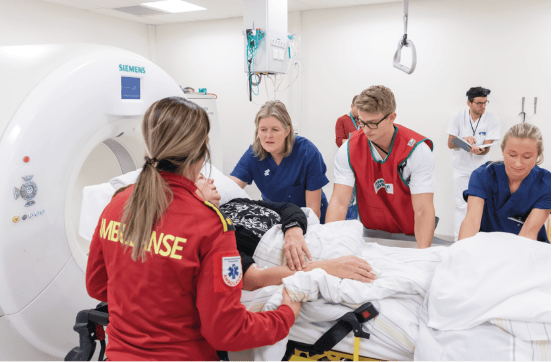Understanding and Coping with Survivor’s Guilt


______
The quickness and severity of the global pandemic has shattered every aspect of our lives, rendering nothing untouched or unchanged. Ultimately to date, millions of people have lost their lives either directly or indirectly from the global pandemic.
Whether from the novel coronavirus or an existing illnesses or health ailments, exacerbated by the strain on resources and supply chains, we have lived through a traumatic period of upheaval.
The full impact of the pandemic may never be fully qualified1. However, we can see and feel its impact on us. Both through the lives lost and the effect it has on those of us left behind forced to confront our new normal.
Grappling with this change reality can be difficult. It’s completely normal to struggle in periods even if you didn’t personally know anyone severely affected during this time.
Though, some of us are challenged further.
Thanks to the continuous advancements by the medical community, humans are resisting, surviving, and recovering at an increasing rate2. Not only is it just the novel coronavirus, but the myriad of other ailments which had previously proved fatal3.
But while the science is healing the body, what happens for the mind?
In the most extreme cases, people in dire medical conditions suffer a near death experience (NDE). While NDE Episodes constitute a myriad of experiences, two commonalities appear: dissociation (the sensation of leaving one’s body) and an elevated incidence of Post-Traumatic Stress Disorder (PTSD)4.
Nine million a year.
There is no predisposition. It’s just as likely to affect the mother who suffers cardiac arrest giving birth5, the migrant worker caught up in an armed conflict in the desert6, the outgoing middle-aged man who goes into a coma from COVID7, or any of the other nine million plus people who suffer NDEs a year.
The PTSD that results can cause a multitude of challenges including depression, behavior changes, and social withdrawal8.
But there are resources available to help those who have had their lives saved to begin to live again.
Raising awareness
For those who have suffered cardiac arrest, Life After SCA offers a wide variety of support and resources as well as a network for survivors and their families. As a general resource for all NDE, the International Association for Near Death Studies has over 40 years of robust advocacy and empathy in this regard.
Here at Laerdal, we’re looking to “raise awareness” as well as “to mobilize efforts in support of mental health”.
With a goal of making mental health for all, we invite you to join us in raising awareness for the mental health needs of not only those suffering from NDE but the wider spectrum of challenges.
Take a look at campaign materials from WHO to generate a wider knowledge around mental health challenges around NDEs.